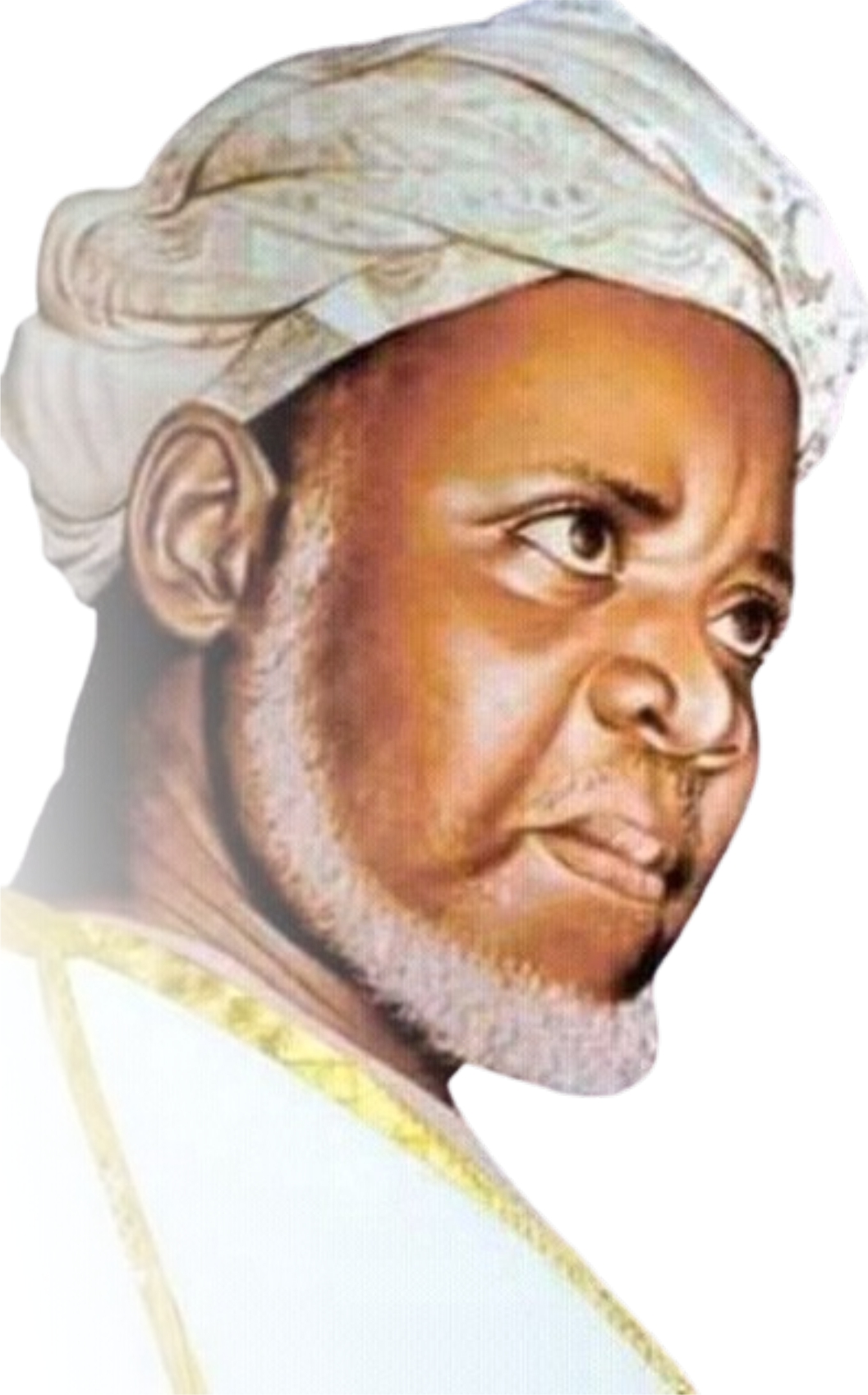Introduction and Early Life
Sheikh Ibrahim Niasse (1900-1975) was a prominent Islamic scholar from West Africa, renowned for his significant impact on the Islamic movement in the 20th century. Born in Senegal, he was the son of al-Hajj Abdullah Muhammad Niasse, a distinguished Islamic scholar. Sheikh Ibrahim’s early education was profoundly shaped by his father and other notable scholars. His immersion in Islamic studies began at a young age, and he quickly mastered the Qur'an and Sunnah.
Educational Achievements
Sheikh Ibrahim Niasse’s scholarly journey led him to receive multiple 'ijazas, or diplomas, which recognized his deep knowledge and expertise in Islamic sciences. These achievements were a testament to his rigorous education and commitment to Islamic teachings. His intellectual development was not only guided by his father but also enriched by interactions with various renowned scholars of the time.
International Recognition
In 1961, Sheikh Ibrahim Niasse gained international acclaim when he led Friday prayers at the esteemed Azhar mosque in Cairo, earning him the honorary title of "Shaykh al-Islam." This recognition underscored his significant role in the global Islamic community and his influence on Islamic thought and practice. His leadership extended to various international Islamic organizations, through which he advocated for and advanced Islamic teachings on a broader scale.
Advocacy and Social Impact
Beyond his scholarly achievements, Sheikh Ibrahim was actively engaged in social causes. He was a fervent advocate for racial equality, working to address discrimination and promote justice within the Muslim community and beyond. His commitment to women’s rights was evident in his efforts to ensure that women had access to education and opportunities for empowerment. Additionally, Sheikh Ibrahim was dedicated to addressing global Muslim issues, striving to unite the Muslim Ummah and tackle challenges faced by Muslims around the world.
Legacy
Sheikh Ibrahim Niasse’s life and work left a lasting impact on both Islamic scholarship and social justice. His contributions continue to inspire millions of followers and reflect his enduring influence on the 20th-century Islamic movement. His dedication to the principles of the Qur'an and Sunnah, coupled with his advocacy for social change, remains a significant part of his legacy.


